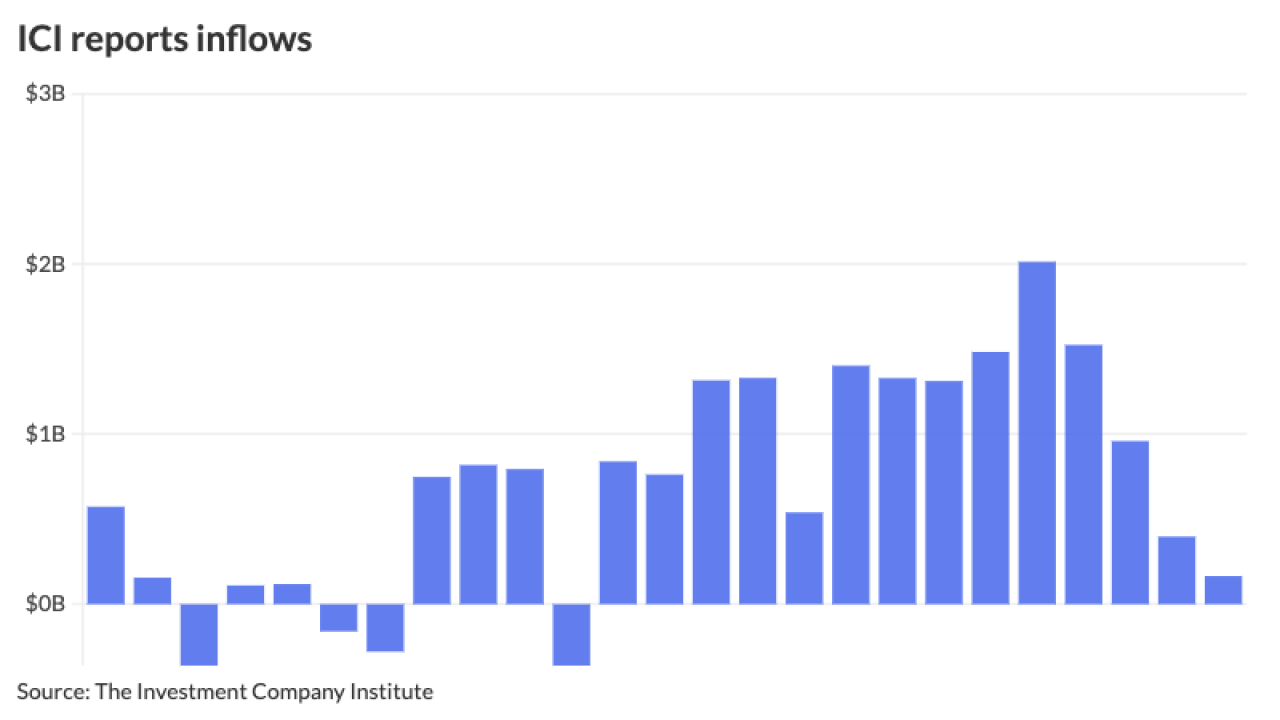California’s governor announced new
The order, which takes effect Saturday afternoon, comes into force if a region’s intensive care unit capacity falls below 15%.

California Gov. Gavin Newsom said during a Thursday press conference that hospital intensive care units in most of the state are already close to hitting that number.
The ICU capacities of the five regions — Northern California, the San Francisco Bay Area, Greater Sacramento, the San Joaquin Valley, and Southern California — ranged from 18.6% to 25.3% on Thursday.
The order will limit restaurants to takeout and delivery. Bars, wineries and personal care businesses like hair salons will remain closed, Newsom said.
The state had allowed restaurants and other retailers to re-open this summer after they adopted pandemic-based safety protocols. For restaurants, that meant creating outdoor dining in the more heavily populated segments of the state and restrictions based on capacity in areas with fewer COVID-19 cases.
Unlike in the spring stay-at-home orders, retail stores and indoor shopping centers can remain open, though capacity is capped at 20%.
Most offices will be closed to in-person work, and hotels and campgrounds are barred from hosting discretionary travel.
The exponential increase in COVID-19 cases in California doesn’t even take into account the expected surge from Thanksgiving holiday travel, Newsom said.
The state's seven-day average of new cases has been north of 15,000, the highest of the pandemic Newsom said.
“As Dr. Anthony Fauci said, we can expect a surge, on top of a surge,” Newsom said. “Hospitalizations for COVID-19 have increased 86% and ICU rates have increased more than 70% in the past few weeks.”
The state had
"If we don't act now, our hospitals will be overwhelmed," Newsom said.
The current trajectory would have ICU beds at 112% of capacity by mid-December, Newsom said.
The state also has what the governor described as 11 pre-positioned surge facilities to help with the expected overflow of COVID-19 patients with serious enough cases that they need to be hospitalized.
“None of us are naïve about the mental stress, and financial stress this puts people under,” Newsom said. “We want activity not just focused on indoors, but outdoors. We encourage you to take your dog for a walk, go sledding, run with your partner.”
Newsom also offered reason for hope saying the state will place its first vaccine orders this week. The first doses are expected to arrive in two weeks, and will go to healthcare workers caring for COVID-19 patients in hospitals and long-term care facilities, he said.
“I don’t anticipate having to do this again, but we need to do it at this moment,” Newsom said. “It will give us some time to bend the curve and get vaccines in the hands of all Californians.”
The announcement drew criticism from some Republican lawmakers.
“Governor Newsom clearly doesn’t understand that Californians are tired of being locked in their homes,” state Sen. Melissa Melendez, R-Lake Elsinore, said. “He is ignoring the cries from small business owners struggling to keep their dreams alive, desperately trying to avoid joining the over 19,000 businesses that have permanently closed.”
The California Chamber of Commerce supported the decision, but sent a
The letter asked Congress to extend and expand the Paycheck Protection Program as well as forgive the federal loan California has received for unemployment benefits. This loan is repaid with higher employer taxes and is now approximately $20 billion and expected to grow as a result of the new shelter in place order, according to CalChamber.
CalChamber President and CEO Allan Zaremberg also appealed to residents to take safety precautions and support the state's businesses.
“It is incredibly difficult to balance public health needs against the ability of small businesses to stay open and workers to support their families," Zaremberg said in a statement. "Small business revenues will now be a function of hospital capacity and we need every Californian to support small business by practicing responsible behavior.
“The loss of revenue many small businesses will experience as a result of this latest shut down could be catastrophic,” Zaremberg said.





